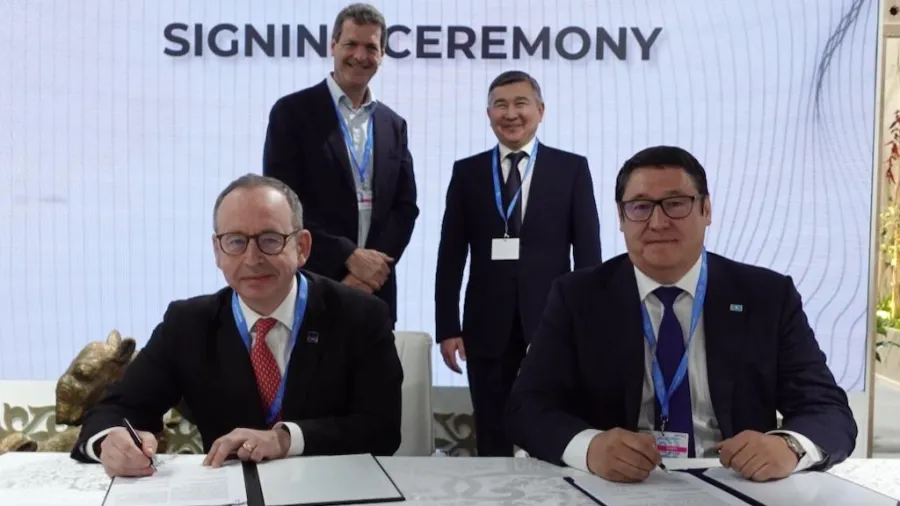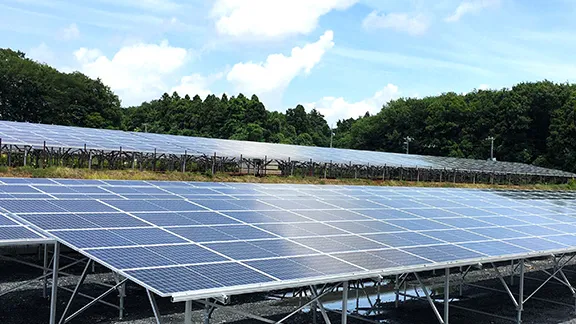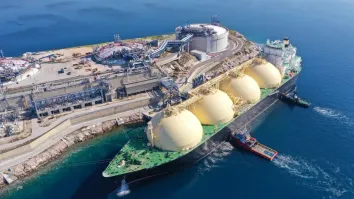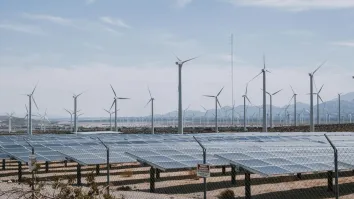
ADB, Kazakhstan partner to accelerate coal retirement
Coal plants may be converted to renewable energy facilities.
The Asian Development Bank (ADB) and the Government of Kazakhstan have signed a memorandum of understanding to advance the retirement of coal plants through the bank’s Energy Transition Mechanism (ETM) programme.
Kazakhstan ranks eighth globally with its 25 billion tonnes of coal reserves. This is a major source for electricity generation, contributing significantly to the country's greenhouse gas emissions.
Under the deal, ADB and Kazakhstan will work on a pilot project that will reduce the country’s greenhouse gas emissions. This could be through decommissioning or repurposing a pilot coal plant for renewables or other low-carbon energy technologies.
A feasibility study will be conducted to determine which amongst a selection of coal-fired power generation, combined heat and power plants, and heat-only boilers identified in the pre-feasibility study and other analysis could be the most viable for early retirement.
“I hope that this program will demonstrate technological shift and reliability of new systems through ETM which then can be replicated to other plants and regions,” said Minister of Energy of Kazakhstan Almassadam Satkaliyev.
The two parties will also analyse the potential impact of early decommissioning or repurposing of a plant on Kazakhstan’s power and heat supply. Furthermore, they will develop the country’s renewable energy generation capacity, and promote regional energy trade.
These will be done through joint analytical work, capacity building, consultations and sharing of best practices.


















 Advertise
Advertise







